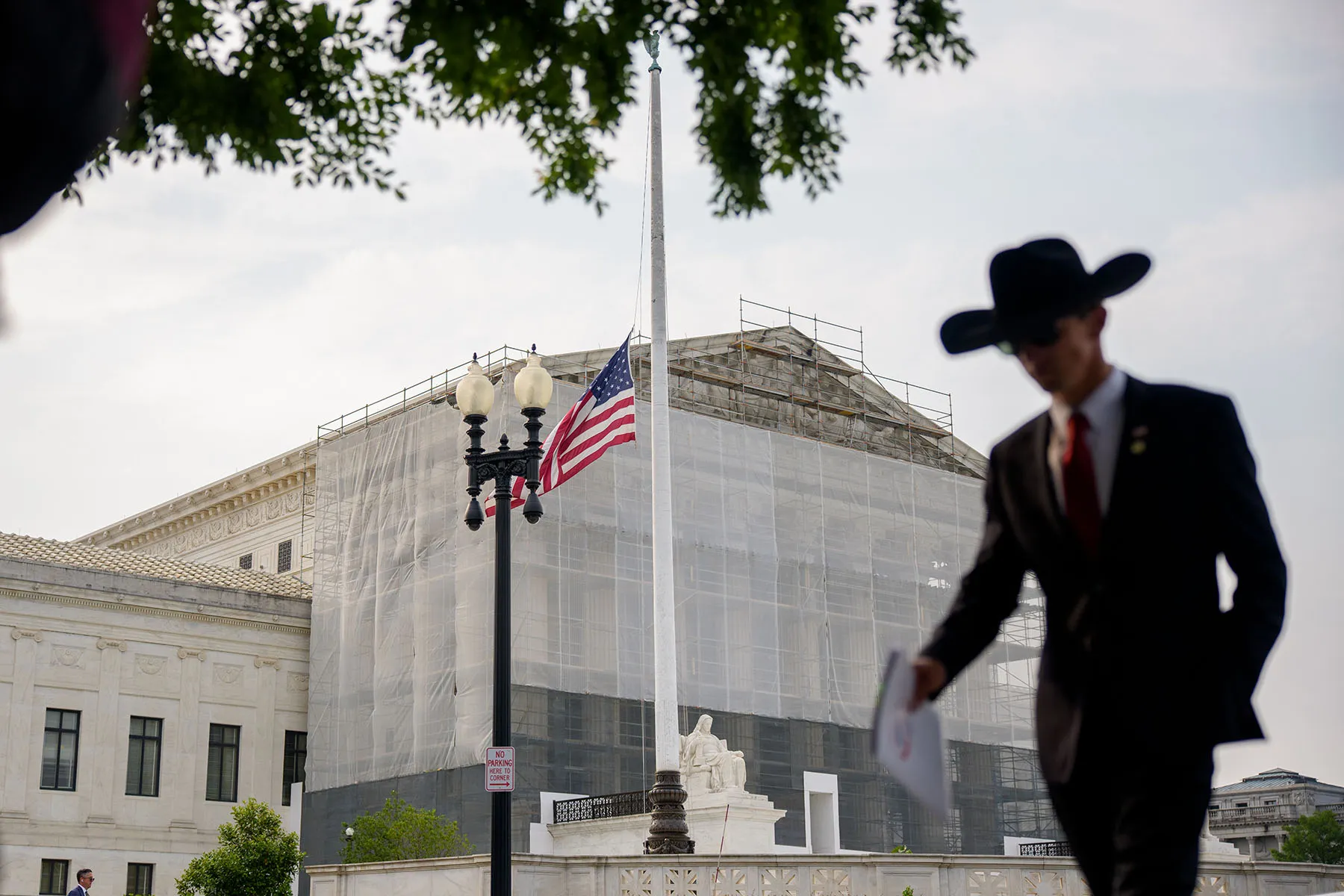Supreme Court Upholds Age Verification for Porn Sites, Igniting Online Privacy Debate
Supreme Court Upholds Age Verification for Porn Sites, Igniting Online Privacy Debate

In a landmark decision issued yesterday, the Supreme Court ruled 6-3 that state laws requiring age verification for adult content websites, often dubbed “porn ID” laws, are a permissible way to regulate material for minors without infringing on adults’ First Amendment rights. The ruling, stemming from the case of Free Speech Coalition v. Paxton, has significant implications for how online speech deemed harmful to children can be regulated.
The Court, with Justice Clarence Thomas writing for the majority, determined that such laws should be evaluated under “intermediate scrutiny.” This standard requires the law to further an important government interest through means substantially related to that interest. Thomas asserted that Texas’s age verification law, which prompted the challenge, successfully met this test, dismissing arguments about online privacy risks by stating that websites have incentives to assure user privacy.
However, the decision immediately sparked concerns from digital civil rights groups and industry advocates. Justice Elena Kagan, in a dissenting opinion joined by Justices Sonia Sotomayor and Ketanji Brown Jackson, argued that the law should have faced “strict scrutiny” due to its impact on protected speech. Kagan highlighted significant privacy risks associated with users submitting personal identification online, contrasting it sharply with in-person ID checks. “It is turning over information about yourself and your viewing habits—respecting speech many find repulsive—to a website operator, and then to…who knows?” she wrote.
Texas Attorney General Ken Paxton hailed the ruling as a “major victory for children, parents, and the ability of states to protect minors from the damaging effects of online pornography.” Conversely, Alison Boden of the Free Speech Coalition lamented the outcome, stating, “The government should not have the right to demand that we sacrifice our privacy and security to use the internet.” The ACLU’s Vera Eidelman added that the decision creates an “unprincipled pornography exception to the First Amendment.”
Critics warn that while these laws may reduce traffic to compliant sites, they could inadvertently push users towards less-moderated platforms, potentially increasing exposure to illegal content. Furthermore, concerns linger about how states might define “harmful to minors” content, potentially extending censorship to LGBTQ+ media or other sensitive topics under the guise of child protection, especially given the ongoing risks of data breaches and the lack of state-recognized digital ID systems.
Disclaimer: This content is aggregated from public sources online. Please verify information independently. If you believe your rights have been infringed, contact us for removal.